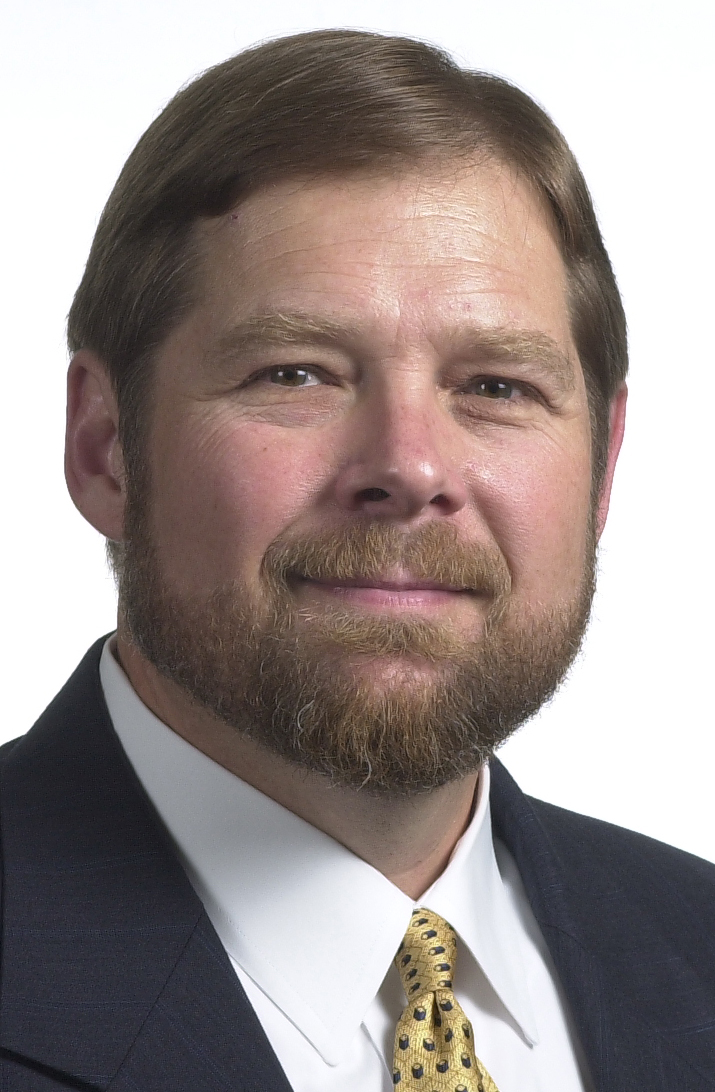
CHICAGO (BP)–On Nov. 6, 1998, in a three-page article in the journal Science, professor James Thomson of the University of Wisconsin reported that he had developed the first colony of human embryonic stem cells. And the controversy over that discovery continues unabated.
Thomson, who holds doctorates in veterinary science and molecular biology, obtained so-called “spare” human embryos from a local IVF (in vitro fertilization) clinic. The embryos were donated for research by couples being treated for infertility and who no longer wanted the embryos. Doubtless, some of this same family of embryos developed in the uteruses of their mothers and are being reared today by those parents.
Nevertheless, Thomson placed these tiny, eight-celled embryos into Petri dishes and began to grow them in his lab. When the cells reached the blastocyst stage of about 100 cells, using a very thin glass needle known as a micro-pipette, Thomson removed some of the cells from the inner cell mass. Placing them in a medium rich in nutrients, Thomson and his team were able to grow the colonies of cells for many months.
Every human body is composed a number of cell types — more than 200 different cell types, in fact. Typically, cells reproduce their own kind. So, kidney cells produce new kidney cells, retinal cells produce new cells for the eye, and skin cells produce new skin cells as the old ones slough off. But “stem cells” are different. Stem cells are very basic cell types that have the remarkable ability to develop other types of cells. Theoretically, at least, embryonic stem cells could be coaxed to make the types tissues one needed for various therapies.
While, at first blush, all of this sounded wonderful, upon reflection the ethical situation became murkier. First, there are no “spare” embryos. That is, embryos belong in the womb. Since human embryos are human beings made in God’s image and are, therefore, deserving of respect, creating extra embryos without any intention of bringing them to full-term is immoral. Second, the process of removing the stem cells kills the embryos — adding insult to injury, as it were. Finally, researchers have found that it is, so far, impossible accurately to direct embryonic stem cells to produce the desired cells. These cells are very unstable and sometimes produce grotesque tumors. Added to the lack of success, embryonic stem cell research is considered by many to be immoral.
On the other hand, research on adult stem cells began about 40 years ago. In the 1960s, researchers discovered that the bone marrow contains at least two kinds of stem cells. Hematopoietic stem cells form all the types of blood cells in the body. A second population, called bone marrow stromal cells, was discovered a few years later. Other cells come from sources that generate bone, cartilage, fat and fibrous connective tissue.
Also in the 1960s, scientists who were studying rats discovered two regions of the brain that contained dividing cells, which become nerve cells. Despite these reports, most scientists believed that new nerve cells could not be generated in the adult brain. It was not until the 1990s that scientists agreed that the adult brain does contain stem cells that are able to generate the brain’s three major cell types.
To date, there are over 65 treatments available using adult stem cells, including bone marrow transplantation. No one finds adult stem cell therapy ethically problematic and their potential is being viewed as increasingly promising.
To keep up with developments in adult stem cell research, readers should consult www.stemcellresearch.org.
–30–
C. Ben Mitchell, Ph.D., is consultant on biomedical and life issues for the Southern Baptist Ethics & Religious Liberty Commission and is associate professor of bioethics & contemporary culture at the Chicago-area Trinity Evangelical Divinity School.
















